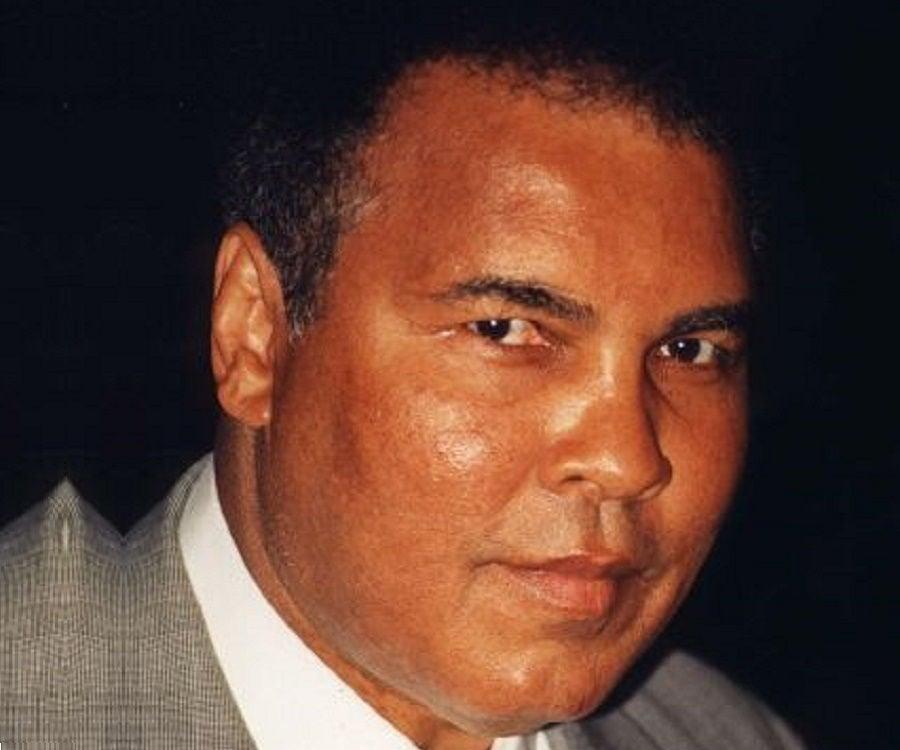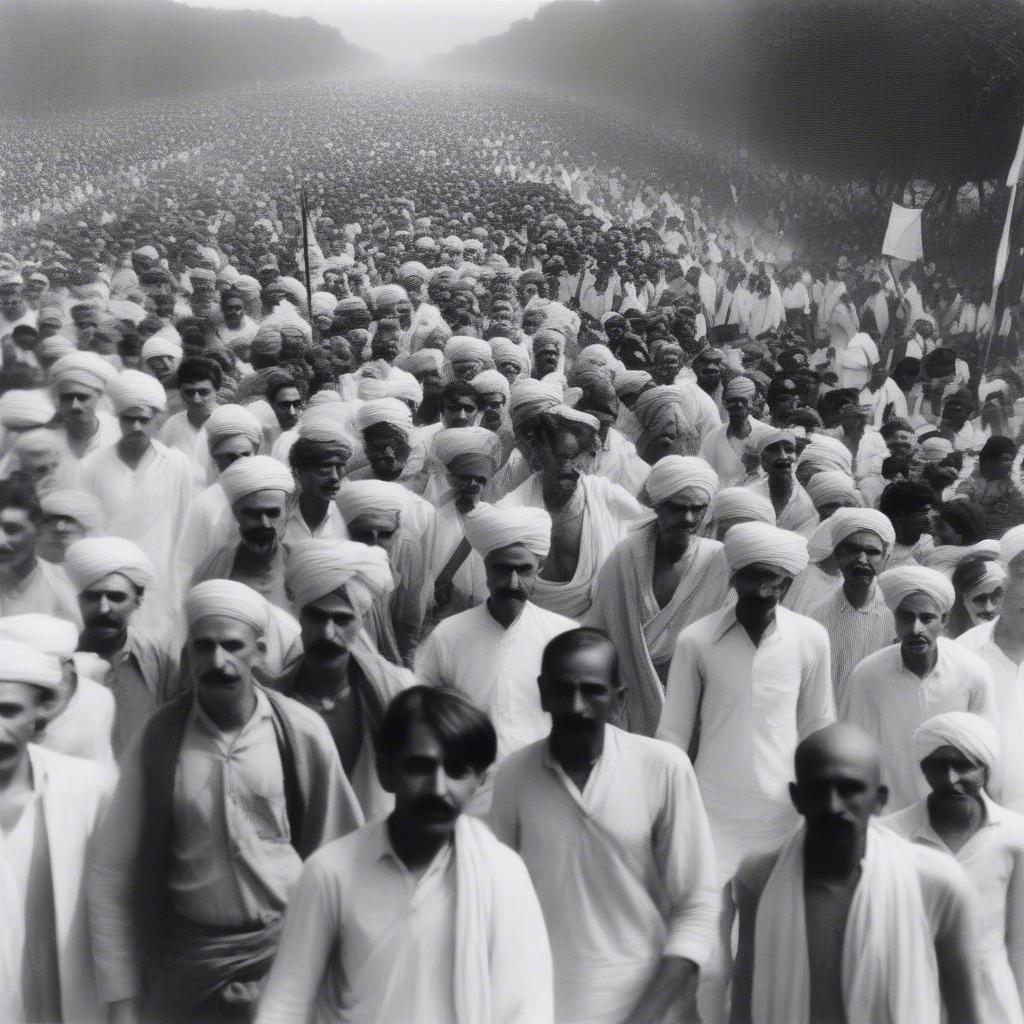
Muhammad Ali, born Cassius Marcellus Clay Jr., transcended the world of boxing to become a global icon. His remarkable athleticism, outspoken personality, and unwavering commitment to social justice made him a figure of immense influence throughout the 20th century. This article delves into the life and legacy of “The Greatest,” exploring his boxing career, activism, and enduring impact on popular culture.
Table Content:
From Louisville to Olympic Gold
Born in Louisville, Kentucky, in 1942, Ali’s boxing journey began unexpectedly after his bicycle was stolen. A police officer, Joe Martin, introduced him to the sport, mentoring young Cassius and instilling in him the discipline and technique that would later define his career. Ali’s amateur career blossomed, culminating in a gold medal at the 1960 Rome Olympics in the light heavyweight division.
The Heavyweight Champion of the World
Ali’s professional career took off with a series of victories, leading to a title shot against the formidable Sonny Liston in 1964. The pre-fight hype was unprecedented, with Ali employing his characteristic bravado and psychological tactics to unsettle Liston. Against the odds, Ali triumphed, becoming the youngest boxer to dethrone a reigning heavyweight champion. Shortly after, he publicly embraced Islam, changing his name to Muhammad Ali and further solidifying his status as a symbol of change and defiance.
 Muhammad Ali with his Olympic gold medal
Muhammad Ali with his Olympic gold medal
Activism and the Vietnam War
Ali’s refusal to be drafted into the Vietnam War, based on his religious beliefs and opposition to the conflict, became a defining moment in his life. He was stripped of his title, convicted of draft evasion, and banned from boxing for three years. This period, while challenging, cemented his position as a principled activist, willing to sacrifice his career for his convictions. His stance resonated with the anti-war movement and further elevated his status as a counter-cultural icon.
The Comeback and “The Fight of the Century”
Ali’s return to boxing was met with immense anticipation. He faced Joe Frazier in 1971 in what was dubbed “The Fight of the Century,” a clash of titans that captivated the world. Frazier emerged victorious, handing Ali his first professional defeat. However, Ali’s resilience and determination were unwavering. He continued to fight, reclaiming the heavyweight title in a stunning upset against George Foreman in the “Rumble in the Jungle” in 1974.
The Thrilla in Manila and Later Years
Ali’s epic trilogy with Frazier culminated in the brutal “Thrilla in Manila” in 1975, a grueling battle that pushed both fighters to their limits. Ali emerged victorious but acknowledged the immense toll the fight had taken on both of them. Ali continued to fight into the late 1970s, but his career began to wind down, marked by losses and declining health. He was diagnosed with Parkinson’s disease in 1984, a condition attributed to the cumulative effects of head trauma sustained throughout his boxing career.
Legacy and Impact
Muhammad Ali’s impact extended far beyond the boxing ring. His charismatic personality, poetic pronouncements, and unwavering principles made him a cultural phenomenon. He was a champion for civil rights, religious freedom, and social justice, inspiring generations to fight for equality and stand up for their beliefs. Even as his health declined, Ali remained a powerful symbol of hope and resilience.
Conclusion
Muhammad Ali’s legacy is multifaceted and enduring. He was a boxing legend, a social activist, and a cultural icon whose influence continues to resonate today. His courage, both inside and outside the ring, his unwavering commitment to his principles, and his captivating personality made him “The Greatest” in the eyes of millions worldwide. His name remains synonymous with athletic excellence, social justice, and the power of the human spirit.
